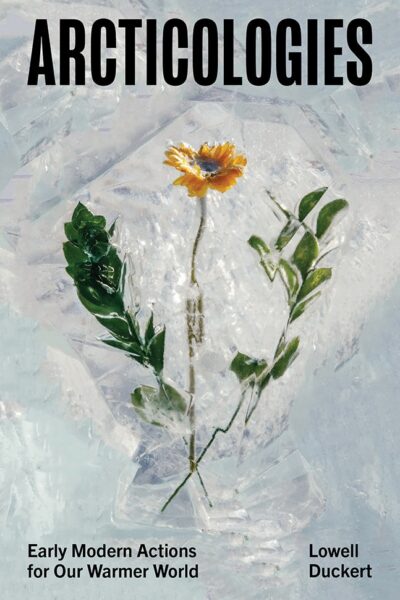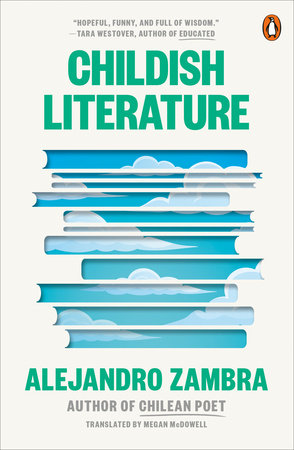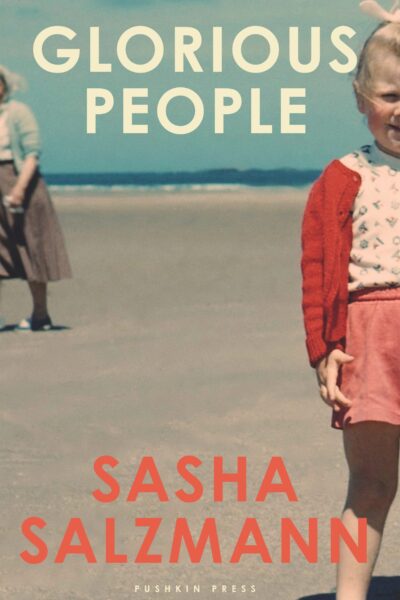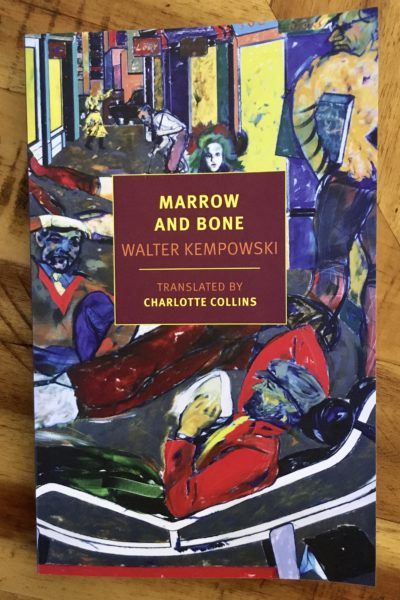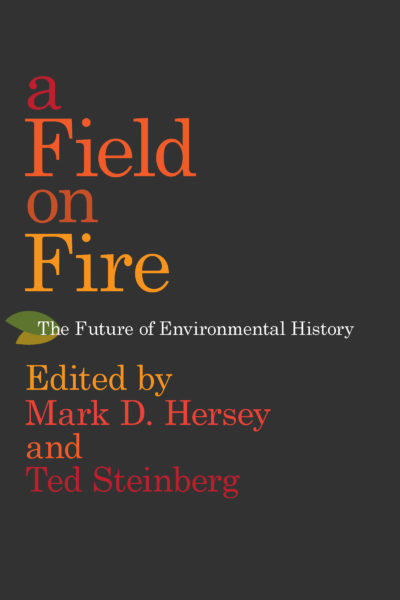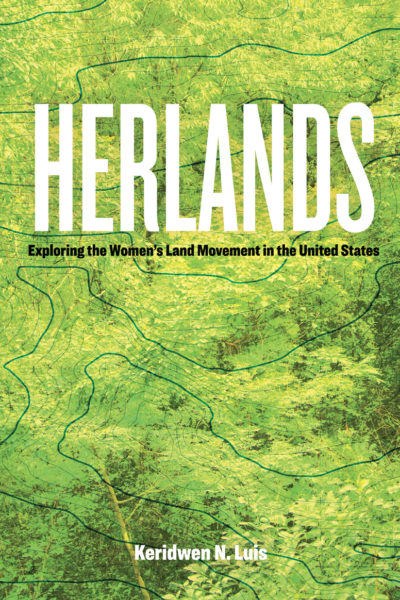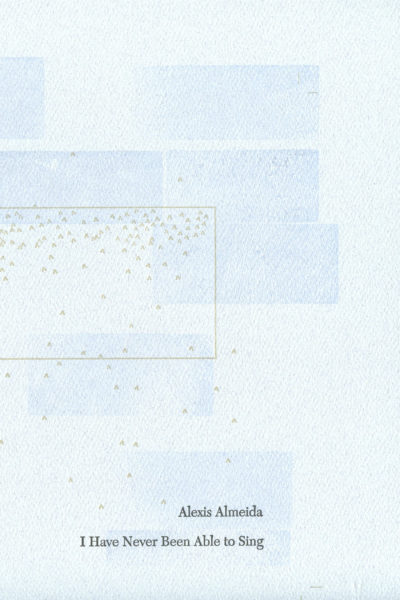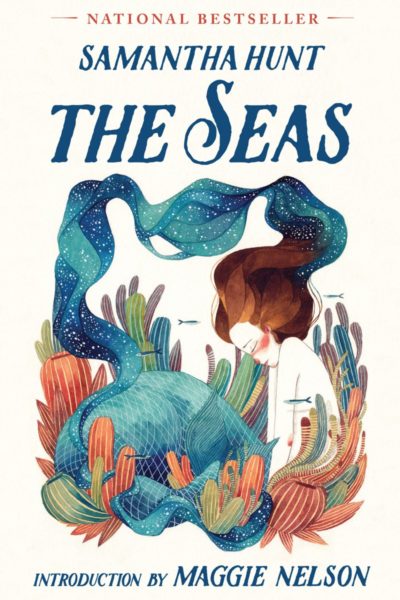Arcticologies – Lowell Duckert
Reading it feels like scooping wet snow with a large shovel on an unseasonably warm winter morning
Childish Literature – Alejandro Zambra
How does it feel to be a father? It is a sensitive, self-reflective state. I am always aware of the political and social tenuousness of my position, the expectation that I will disappoint, the lack of a solid script.
Glorious People – Sasha Salzmann
History, even personal history, is tidal. Whether we know or don’t know our own histories, we repeat them. Feelings, relationships, and identities recede and advance across generations. There are tragedies, too, and world-historical moments that repeat with numb predictability.
Marrow and Bone – Walter Kempowski
The overall mood of the novel combines these two elements, of trauma and consumption, the trauma kept at arm’s length while the consumption is real, material, and close.
A Field on Fire – ed. Mark D. Hersey and Ted Steinberg
Academic modes of production are shockingly ill-suited to a crisis, and certainly ill-suited to a crisis of this scale.
The impulse of withdrawal can sharpen continuously to a fine point.
I Have Never Been Able to Sing – Alexis Almeida
At the conclusion of this litany of haves, have-nots and have-nevers, we are left with a better idea of what it means to be a self, a thing which is only partially apprehensible to the person occupying it.
Love in the Chthulucene, and in the shattered landscapes that this era presents, is forever incomplete and unsatisfied. It occurs in a shifting landscape, through the fissures of which previously buried uncertainties are constantly arising.


